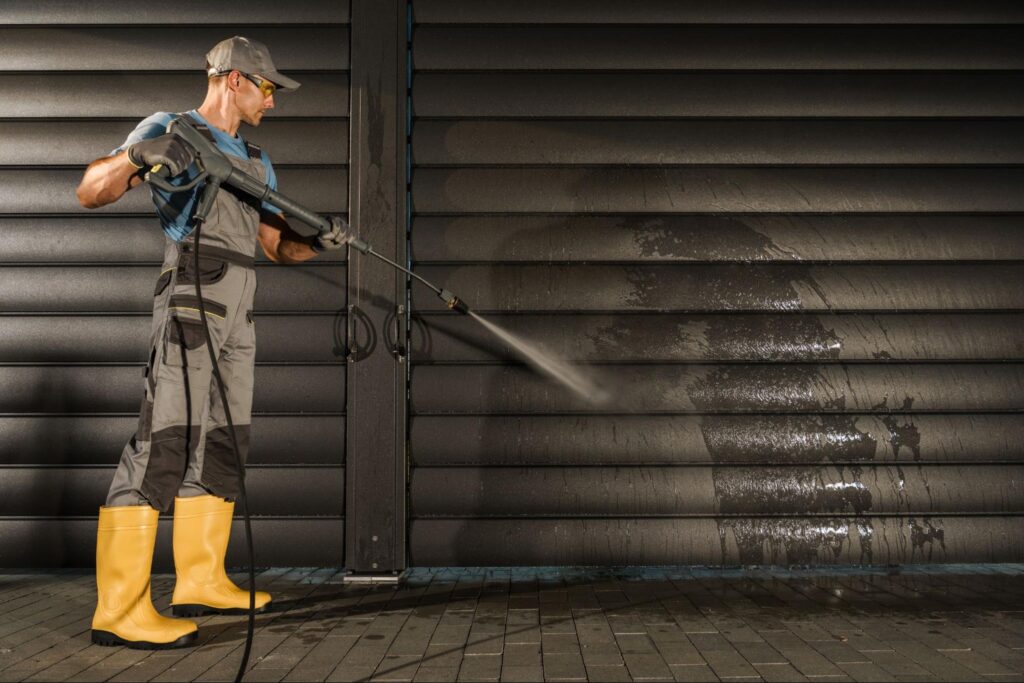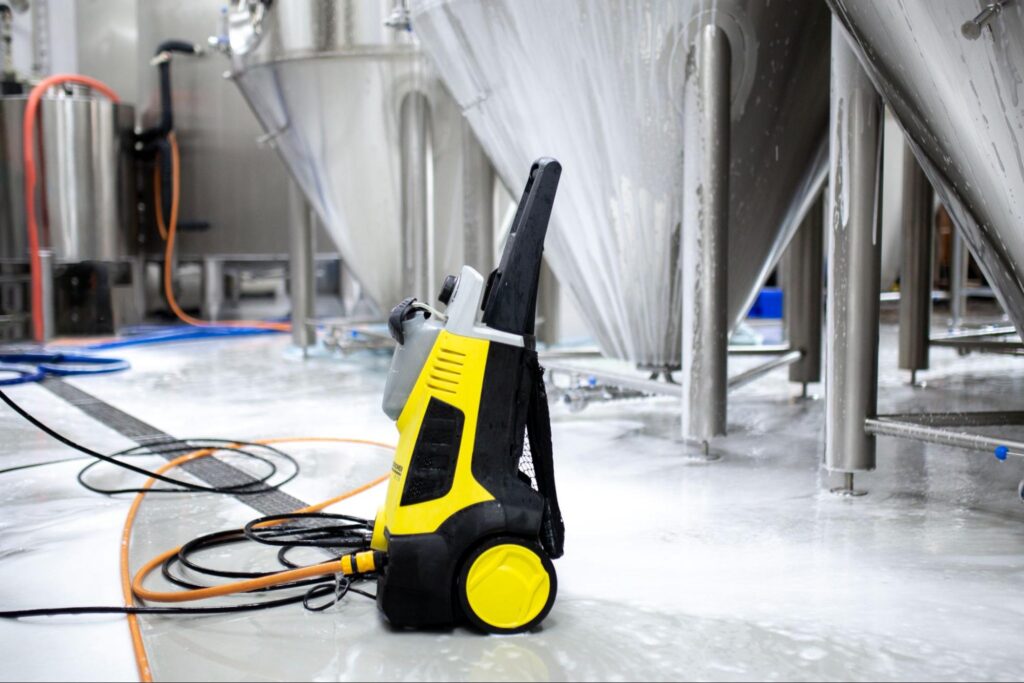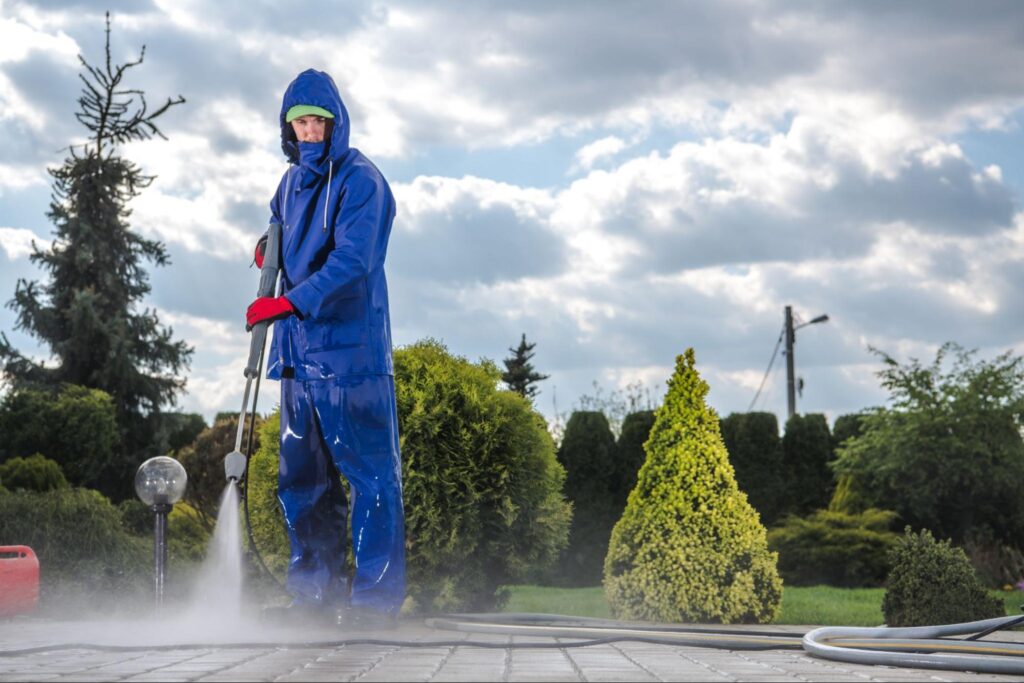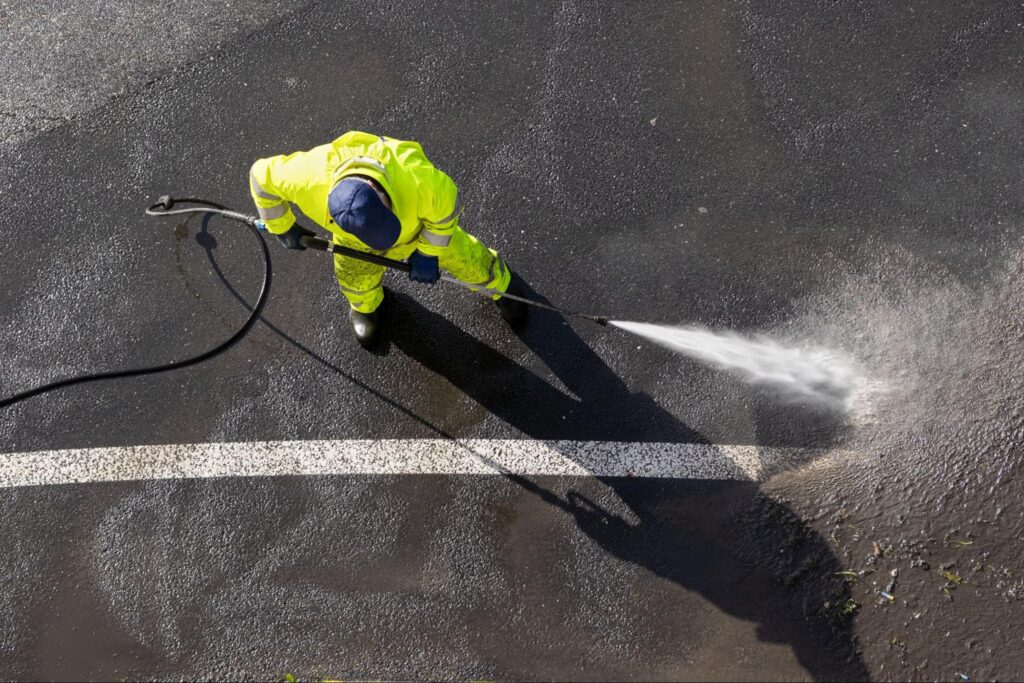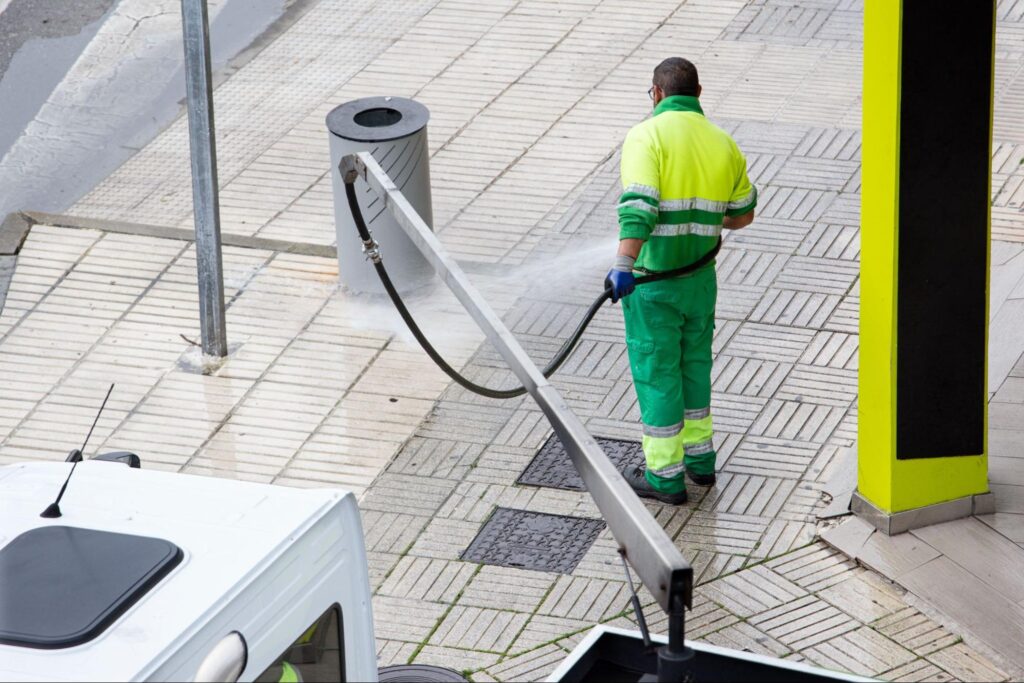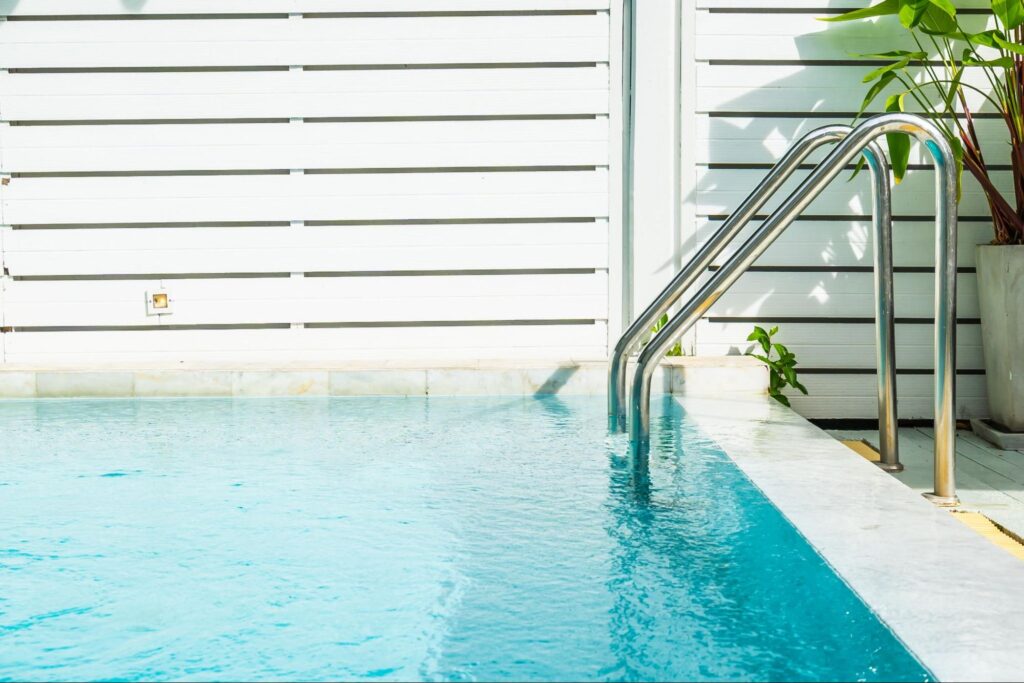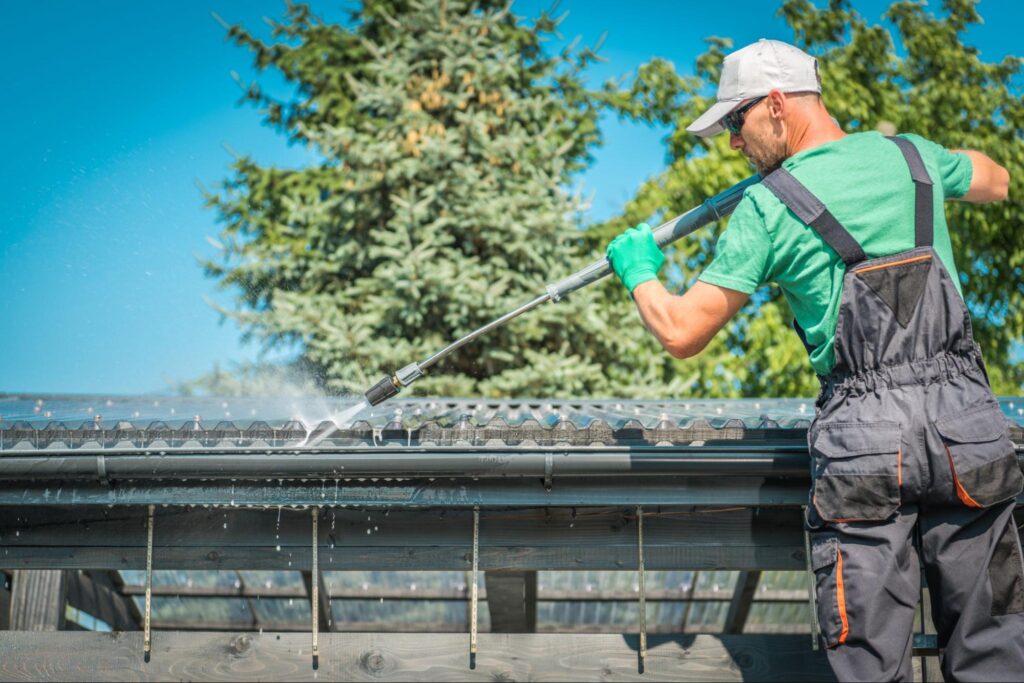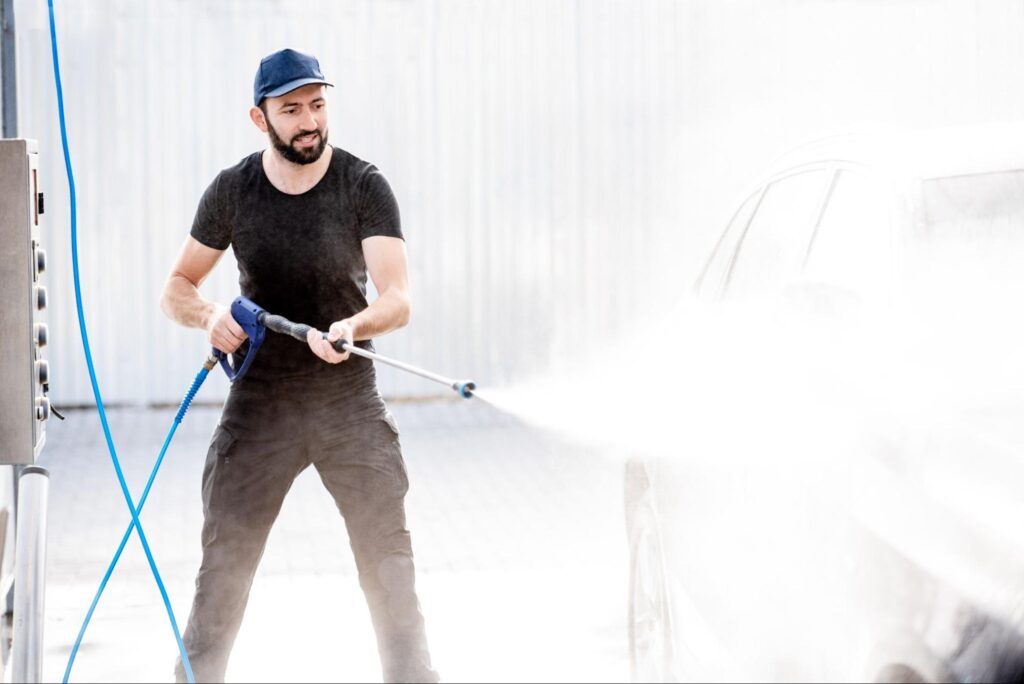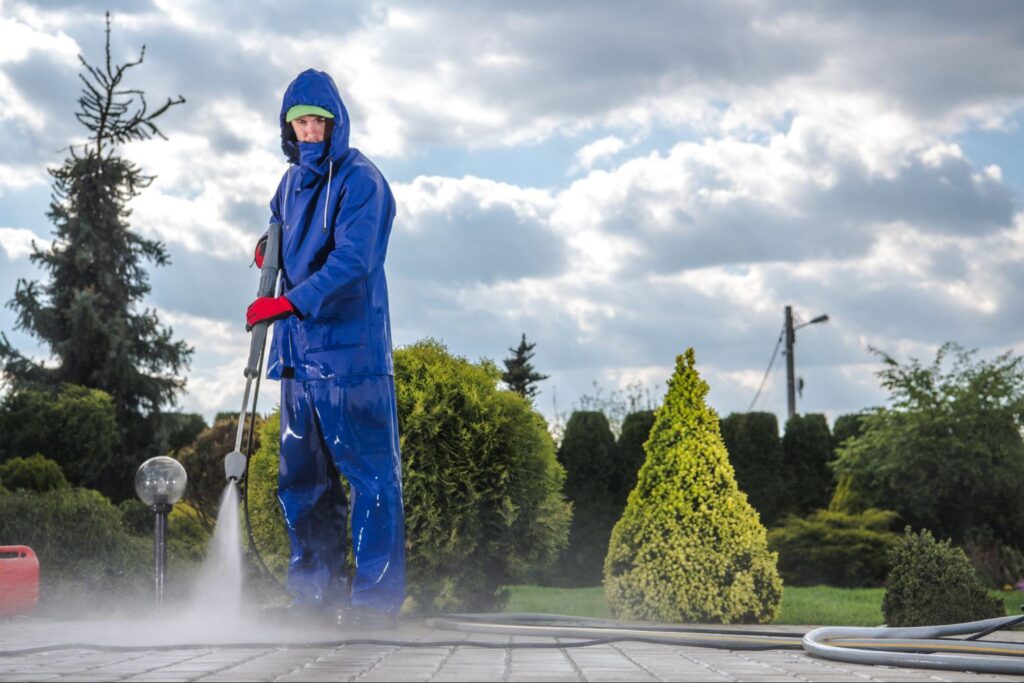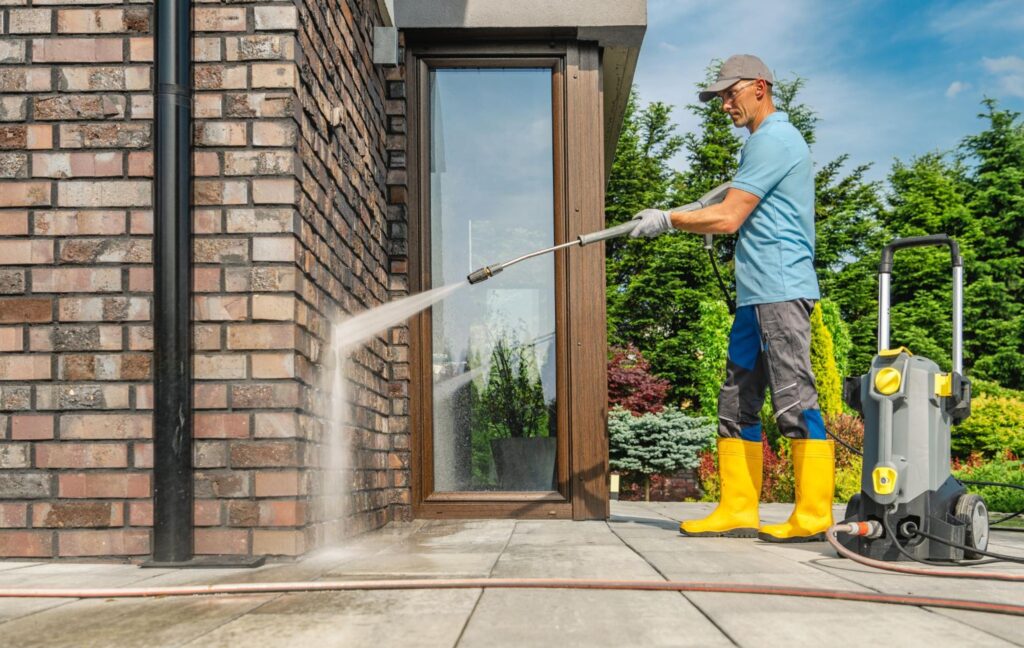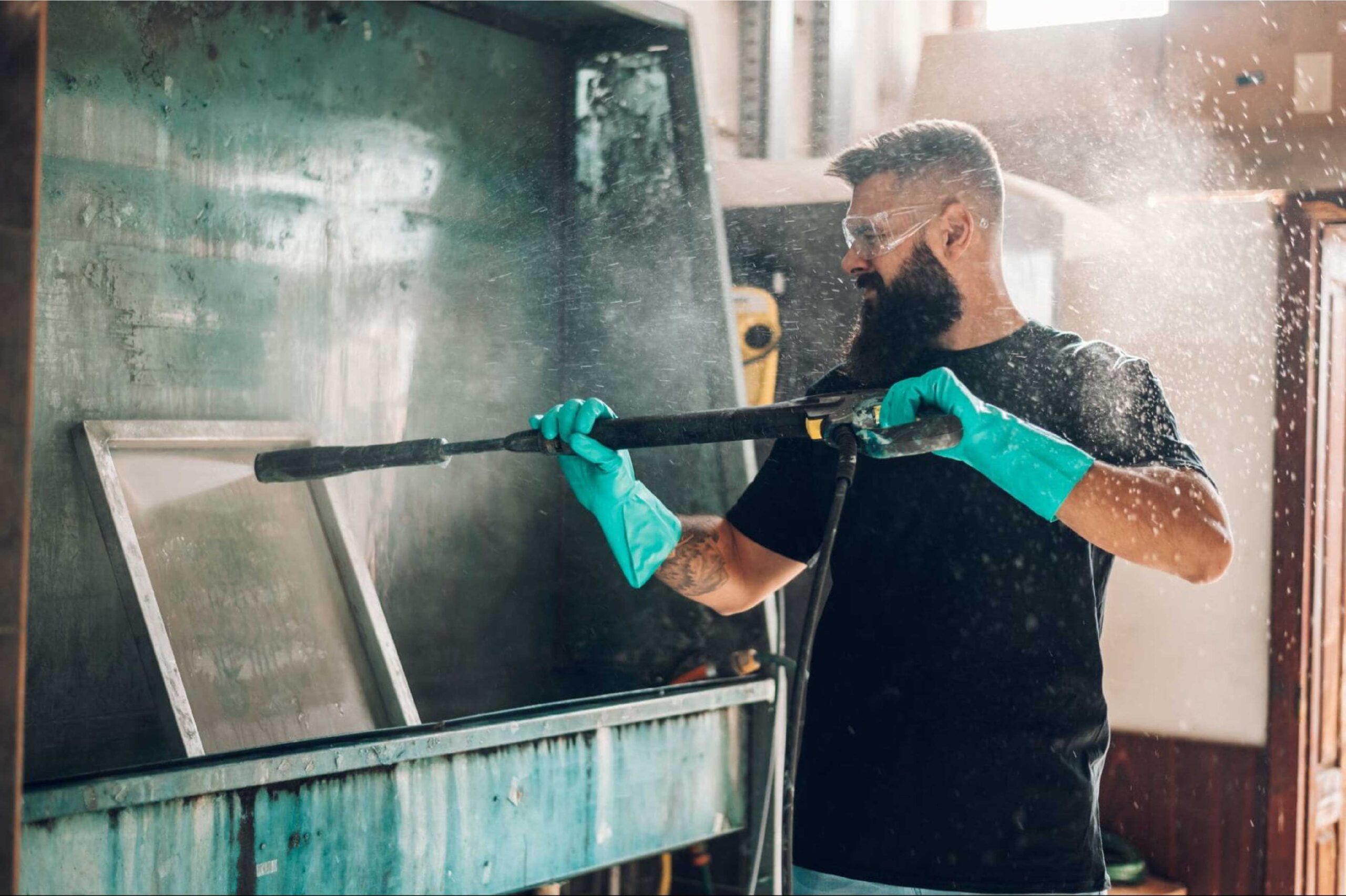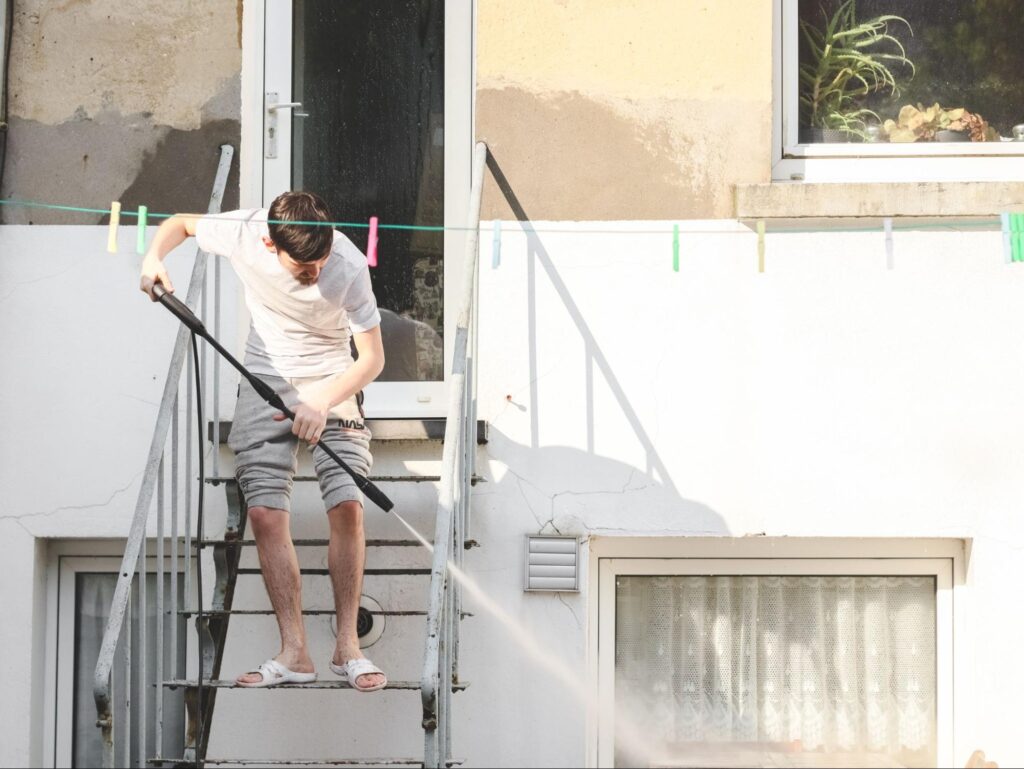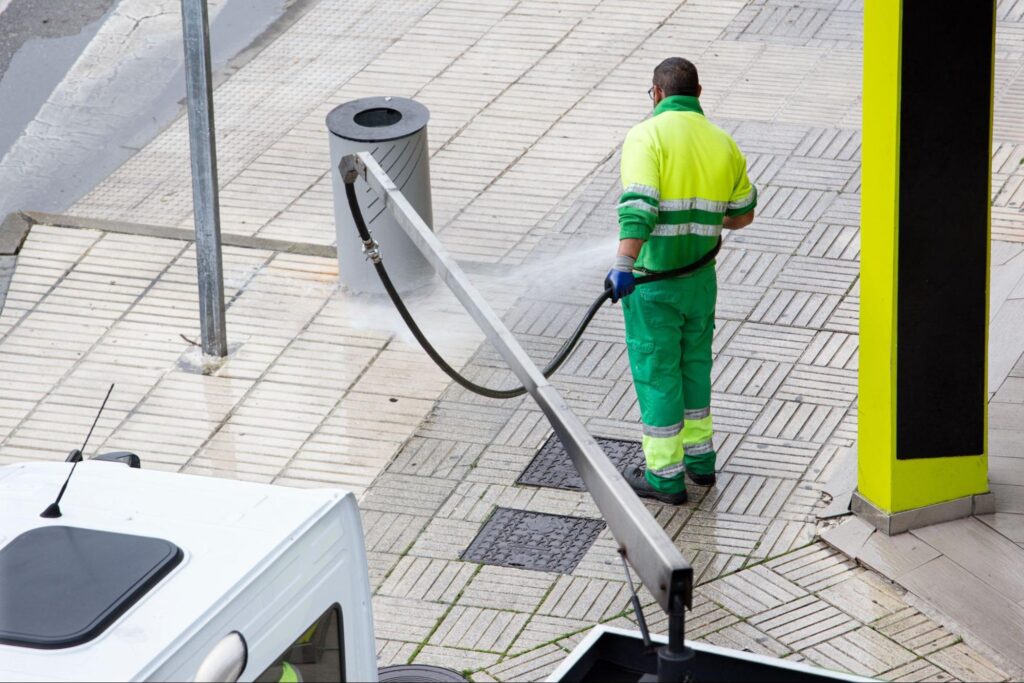Water Delivery for Pools: What Homeowners Should Know Before Filling

A freshly filled pool isn’t just water but the heart of a home’s outdoor retreat. Every sparkle on the surface represents time, care, and anticipation for days spent relaxing and cooling off. But before that first swim, the question of how to fill your pool efficiently and safely becomes crucial. Choosing water delivery for pools saves time, prevents damage, and delivers cleaner, balanced water that keeps your pool pristine from the start.
Understanding Water Delivery for Pools
Water delivery for pools means having clean, ready-to-use water brought directly to your home by tanker trucks. This method is faster and more reliable than garden hoses, especially for large or deep pools. Professional delivery eliminates the guesswork and stress of water shortages while maintaining consistent quality. Understanding how these services operate helps you choose the best approach for your property.
What Water Delivery Services Actually Provide
Pool water delivery companies transport thousands of gallons in one trip using specialized trucks with long hoses. They fill your pool directly, controlling the flow to prevent surface damage or overflow. Most providers offer potable water sourced from municipal systems or natural wells that meet health and safety standards. Drivers manage the setup carefully to avoid contamination or uneven filling. This efficient process gives homeowners convenience without straining household plumbing or waiting days for the pool to fill.
Typical Pool Sizes and Water Requirements
Depending on depth and dimensions, residential pools generally need between 15,000 and 25,000 gallons of water. Larger properties or commercial pools can require double that amount. Delivery trucks carry between 4,000 and 8,000 gallons, often making multiple trips if needed. The water may come from city systems, wells, or springs with unique mineral compositions. After delivery, testing for pH and hardness ensures smooth chemical balancing and crystal-clear results.
Benefits of Professional Water Delivery
Professional pool water delivery services provide more than speed; they bring quality assurance. The water arrives filtered and ready, minimizing the need for post-fill treatment. Crews know how to fill pools evenly, protecting liners and finishes from pressure-related damage. Additionally, homeowners avoid inflated utility bills and unnecessary wear on their plumbing. The process is clean, consistent, and ideal for those who value time and results.
Comparing Pool Filling Methods
Whether using a hose or ordering water delivery affects cost, time, and quality. Hose filling seems simple, but often becomes tedious and inefficient. Water delivery, however, handles the volume safely and swiftly. Weighing both options carefully helps homeowners make the most practical choice.
Time and Efficiency Comparison
A standard garden hose delivers about nine gallons of water per minute. Filling a 20,000-gallon pool can take more than a day of continuous running. In contrast, a delivery truck completes the job within a few hours, saving time and water. A hose may also lower household water pressure or interrupt other plumbing uses. The faster and cleaner delivery method usually proves more practical for busy property owners.
Cost Analysis and Long-Term Savings
Filling a pool with tap water might appear cheaper upfront, but hidden expenses often arise. Many municipalities charge sewer fees on total water usage, even if the water doesn’t drain through the system. Delivery services usually charge per truckload, averaging $150 to $500, depending on distance, location, and water source. These rates may vary and are subject to change based on market conditions, fuel costs, or seasonal demand. Delivery becomes cost-effective when considering efficiency, convenience, and reduced chemical adjustments. The value lies in predictable pricing, consistent service, and professional-quality results.
Water Quality and Chemical Impact
Hose water can vary in mineral content, often carrying metals like iron or copper that discolor pool surfaces. Delivered water is generally cleaner, filtered, and balanced closer to neutral pH. This purified water minimizes the amount of chlorine or stabilizer needed for treatment. Cleaner water also extends the life of your filter and pump system. Over time, these factors translate to fewer maintenance headaches and longer equipment performance.
Preparing for Water Delivery for Pools
Proper preparation ensures a seamless water delivery process and avoids costly complications. The goal is to clear the delivery route and the pool, which is ready for immediate filling. Confirm details with your provider before the appointment to eliminate uncertainty. Preparation directly influences how quickly your pool becomes swim-ready.
Checking Access and Property Conditions
Trucks delivering water are large and require safe, accessible routes to your pool area. Remove obstacles such as vehicles, debris, or low-hanging branches. A stable surface for the truck’s parking spot prevents soil compaction or damage to driveways. Communicate with your provider about hose length and distance to ensure they bring the proper setup. Good preparation keeps the process efficient and stress-free.
Scheduling and Coordination
Schedule your pool filling after completing construction, cleaning, or liner work. Water delivery typically takes one to three hours per session, depending on the volume. Peak swimming seasons often create high demand, so book ahead to secure your preferred date. Confirm key details such as water source, arrival time, and payment before delivery day. Clear communication avoids delays and guarantees a smooth process.
Preparing Pool Surfaces and Equipment
Inspect your pool’s structure before the water arrives. Make sure all drains, returns, and filtration components are adequately sealed. If you have a vinyl liner, fill at a controlled rate to prevent stretching or wrinkling. Avoid running skimmers until the water reaches the proper height to protect your system. Small checks beforehand prevent wasted water and future repairs.
Water Quality and Treatment After Filling
Even clean delivery water requires testing and balancing before swimming. Chemical stability determines how safe and comfortable the pool will feel. Testing immediately after filling keeps long-term maintenance consistent and straightforward. Proper balancing also protects the pool surface from corrosion or scaling.
Initial Water Testing
Once the pool is filled, test for pH, chlorine, and alkalinity immediately. Delivery water may differ in mineral content, especially if sourced from wells or springs. Use a professional testing kit or take a sample to a local pool store for analysis. Ideal pH should sit between 7.2 and 7.6, with total alkalinity around 80–120 ppm. Adjustments made early prevent issues such as cloudy water or algae growth.
Balancing Chemicals and Sanitizers
Start by adjusting alkalinity and pH before adding chlorine or sanitizers. This order prevents chemical imbalance and wasted product. Circulate the water continuously during adjustments to distribute chemicals evenly. If using a salt system, wait until levels stabilize before activating the generator. Documenting results after each adjustment helps maintain consistency for future refills or treatments.
Running Filtration Systems Efficiently
Operate your filtration system continuously for at least 24 hours after the first fill. This process helps disperse chemicals and removes tiny particles introduced during delivery. Monitor pressure gauges to ensure flow remains stable, cleaning filters if necessary. Proper circulation keeps the water clear and balanced. Clean, moving water prevents algae buildup and improves overall pool hygiene.
Environmental Rules and Local Pool Filling Laws
Water delivery must align with regional water management laws and sustainability goals. Local governments often regulate how and when large volumes of water can be used. Understanding these rules protects you from penalties and supports environmental balance. Responsible practices make your pool both enjoyable and sustainable.
Compliance With Local Water Rules
Certain cities impose seasonal restrictions to manage drought conditions or reduce municipal strain. Delivery services often operate under permits to legally source water from approved locations. Homeowners should confirm restrictions before scheduling deliveries. Professional companies stay updated on local compliance standards to avoid violations. Staying informed prevents delays and maintains community trust.
Sustainable Pool Water Practices
Simple actions help conserve water and reduce environmental impact. Use a fitted pool cover to prevent evaporation and keep debris out. Capture rainwater where regulations allow to supplement top-ups during the season. Avoid draining water unnecessarily by using backwash recycling systems. Sustainable maintenance reduces waste and keeps operational costs under control.
Choosing Reliable Water Delivery for Pools
Finding a reputable company for pool water delivery ensures consistent quality and dependable service. The right provider saves time, prevents contamination, and delivers transparency from start to finish. Researching before booking avoids unreliable contractors and hidden fees. Choosing wisely turns pool filling into a stress-free experience.
Traits of a Dependable Provider
Reputable delivery companies maintain updated licensing, clean trucks, and transparent water sourcing. They provide documentation showing where the water originates and its treatment quality. Prompt communication and punctual arrivals show professionalism. Customer reviews and referrals add valuable credibility when making your decision. A trustworthy provider guarantees both quality water and peace of mind.
Key Questions to Ask Before Hiring
Before confirming a booking, ask about truck capacity, pricing, and refill options. Inquire how far their hoses can reach and if they provide metered volume tracking. Check for proof of insurance and service guarantees. Understanding their process helps you avoid misunderstandings on delivery day. Clear agreements create a smooth experience for both parties.
Comparing Local Companies
Not all water delivery providers offer the same quality or efficiency. Compare at least two or three based on service range, cost, and reputation. Some companies may include testing or water conditioning as part of the package. Reading local reviews or community boards can help you make an informed decision. A balanced comparison ensures you receive reliable service that fits your needs.
Fill Your Pool Right With Trusted Water Delivery Services
Every homeowner dreams of a pool ready when the season hits, not weeks later. Trusted water delivery services make that happen with precision, care, and speed that no hose can match. It’s the wiser way to fill, saving time and effort while giving your pool the clean, balanced water it deserves. Partner with a reliable provider and start your season strong with water ready for the first perfect swim.
Visit the A Plus Power Cleaning blog to learn from the pros who know pool care and water delivery best.
Recent Post
-
How a Commercial Pressure Washer Helps Maintain Commercial Properties
-
 Water Delivery for Pools: What Homeowners Should Know Before Filling
Water Delivery for Pools: What Homeowners Should Know Before Filling -
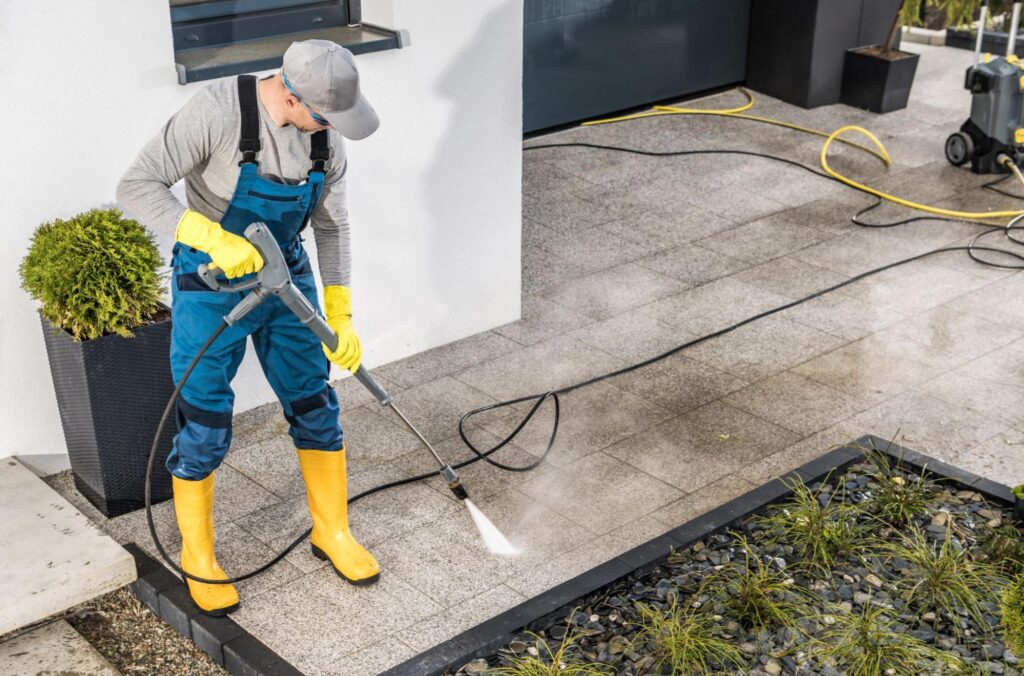 Why Homeowners Trust Local Pressure Washing Companies
Why Homeowners Trust Local Pressure Washing Companies -
 How Often Should You Schedule House Pressure Washing?
How Often Should You Schedule House Pressure Washing? -
How Modern Technology Improves Pressure Washing Equipment Performance
-
What to Expect When You Call a Pressure Wash Business
-
The Step-by-Step Process of Professional Parking Lot Cleaning
-
How a Commercial Surface Cleaner Helps Maintain Sidewalks and Parking Lots
-
Why More Homeowners Rely on Pool Water Delivery Services
-
How a Gutter Cleaner Helps Protect Roofs and Foundations
-
The Difference Between DIY and Professional Pressure Wash Services
-
What Pressure Washer Companies Do and Why You Need Them
-
Pressure Washing vs. Soft Washing: Which Is Right for Your House?
-
Top Industries That Rely on Industrial Pressure Washing
-
The Benefits of Using a Pressure Washer for House Exteriors
-
The Difference Between Residential and Commercial Pressure Washing
-
What Is a Pressure Washer Surface Cleaner and How Does It Work?
-
The Importance of Regular Gutter Cleaning for Home Maintenance
-
How Weather Conditions Affect High Rise Window Cleaning
-
What Pressure Washing Equipment is Needed for Residential Spaces?
-
What Pressure Washing Equipment is Needed for Residential Spaces?
-
Best Times for Driveway Pressure Washing
-
Pressure Wash vs. Power Wash: What's the Difference?
-
How Often Should You Invest in Roof Gutter Cleaning?
-
Best Pressure Washing Company Near Me in Austell, GA
-
Top Power Wash Company Near Me in Chamblee, GA
-
Top Powerwash Company Near Me in Atlanta, GA
-
Top Pressure Cleaning Companies Near Me Austell, GA: A Plus Power Cleaning
-
Top Pressure Washing Companies Near Me Chamblee, GA: A Plus Power Cleaning
-
Top Pressure Cleaning Companies Near Me Atlanta, GA: A Guide to Power Cleaning Services
-
Best Electric Pressure Washer in Atlanta
-
How Much Does Roof Cleaning Cost in Marietta, GA and Atlanta, GA?
-
How Much Does Pressure Washing Cost in Georgia?
-
What is the Difference Between Power Washing and Pressure Washing
-
What Is Soft Wash Roof Cleaning
-
The Best Way to Use a Pressure Washer Surface Cleaner
-
Gutter Cleaning Services
-
Exterior House Cleaning in Roswell, GA




